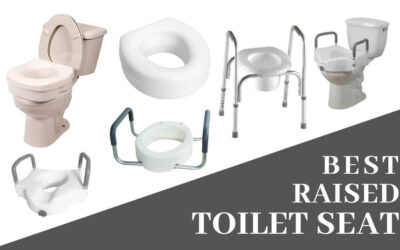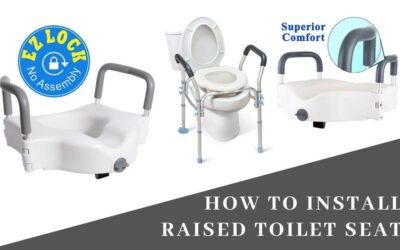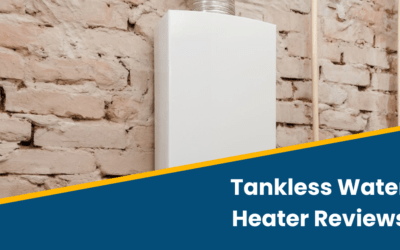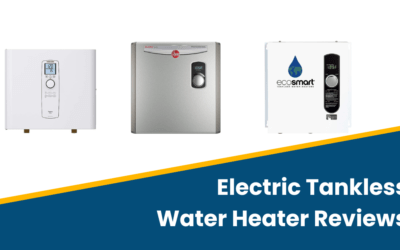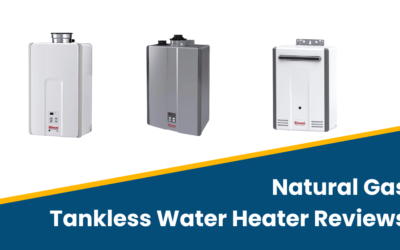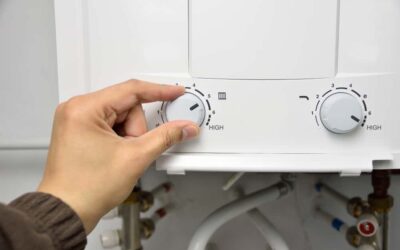In general, tankless water heaters are rated by how warm they can get the water passing through them at an established flow rate. To properly size a tankless heater for your home, you must calculate the how much the temperature of the water will need to be raised and flow rate that will be required for the specific application (e.g. whole home or point of use) within your house. It is important to stress that you should never attempt to save money by undersizing your water heater.
1.Determine how much hot water you are going to need at any given time.
Your first step in how to pick a tankless water heater is to calculate the gallons per minute of hot water required by each of your home’s bathrooms, appliances, and other fixtures. Add up each of these totals to determine the total GPM for your home.
2. Calculate your house’s how much the water temperature will need to be raised.
This number is calculated by subtracting the temperature of the ground water flowing into your home from your desired water temperature (which is generally around 120 degrees Fahrenheit). The leftover number is the how many degrees the water temperature will have to be raised. As a general rule of thumb, inlet water temperatures average:
- 40 degrees for the northern most states in the U.S.
- 50 degrees for the uppermost Southern states
- 60 degrees for the Gulf Coast states, the Southwest, and Southern California
For example, if you live in Mobile, Alabama, you will have an average ground water temperature of 60 degrees. To reach the desired temperature of 120 degrees, you’ll need to subtract 60 from 120. You are left with a required temperature rise of 60 degrees Fahrenheit.
3. Decide whether you are going to buy an electric or gas powered tankless heater.
There are pros and cons to each option. However, tankless water heaters that are powered by natural gas or propane are more adept at handling larger temperature rises than their electrical counterparts. For example, when a 70 degree Fahrenheit temperature rise is required, a gas powered heater can typically put out five gallons of hot water per minute, whereas an electrical model will only be able to produce two gallons per minute. For this reason, gas powered tankless heaters are the predominant choice in colder climates.
4. Choose a new tankless water heat for your home.
Use your calculated temperature rise and GPM requirements to guide your search for a new tankless water heater. It is always better to err on the side of caution during your search. If you have any questions, ask a local water heater installer near you. Be sure to pay close attention to each product’s information.
Additional Notes On Picking a Tankless Water Heater
Deciding whether to go with an electric or gas powered tankless heater is a bit more complicated than simply picking one. It is primarily going to depend on what your home is equipped to support. If you want to buy an electric tankless water heater, you will need to ensure that your home can provide a proper voltage outlet, support the amperage draw of the new tankless heater, and that your water heater can be provided with its own circuit. If you wish to purchase a propane or gas powered tankless heater, it will need to have its own dedicated gas line. The gas supply line that was used for your traditional water heater may not suffice.
Regardless of whether you choose electric or gas, adequate venting is an absolute necessity. If your home previously had a tank style water heater, then it will more than likely need to be retrofitted to accommodate a new tankless water heater.
Always closely examine a model’s Energy Factor rating before buying one. The higher a model’s EF is, the more energy efficient it will be overall. Electric tankless heaters tend to have higher EF ratings than gas powered models. Most tankless water heaters have sufficient efficiency to meet federal standards, and you should look for tankless heaters with EF ratings as close to 1 as possible. Electric tankless water heaters generally have the highest Energy Factor ratings.
The best tankless water heater will be the one that best suits your needs. Each home’s plumbing system is unique, and no two families have the same hot water usage requirements. However, with a little effort and research, you can find the right model for your home and never have to worry about running out of hot water again.


